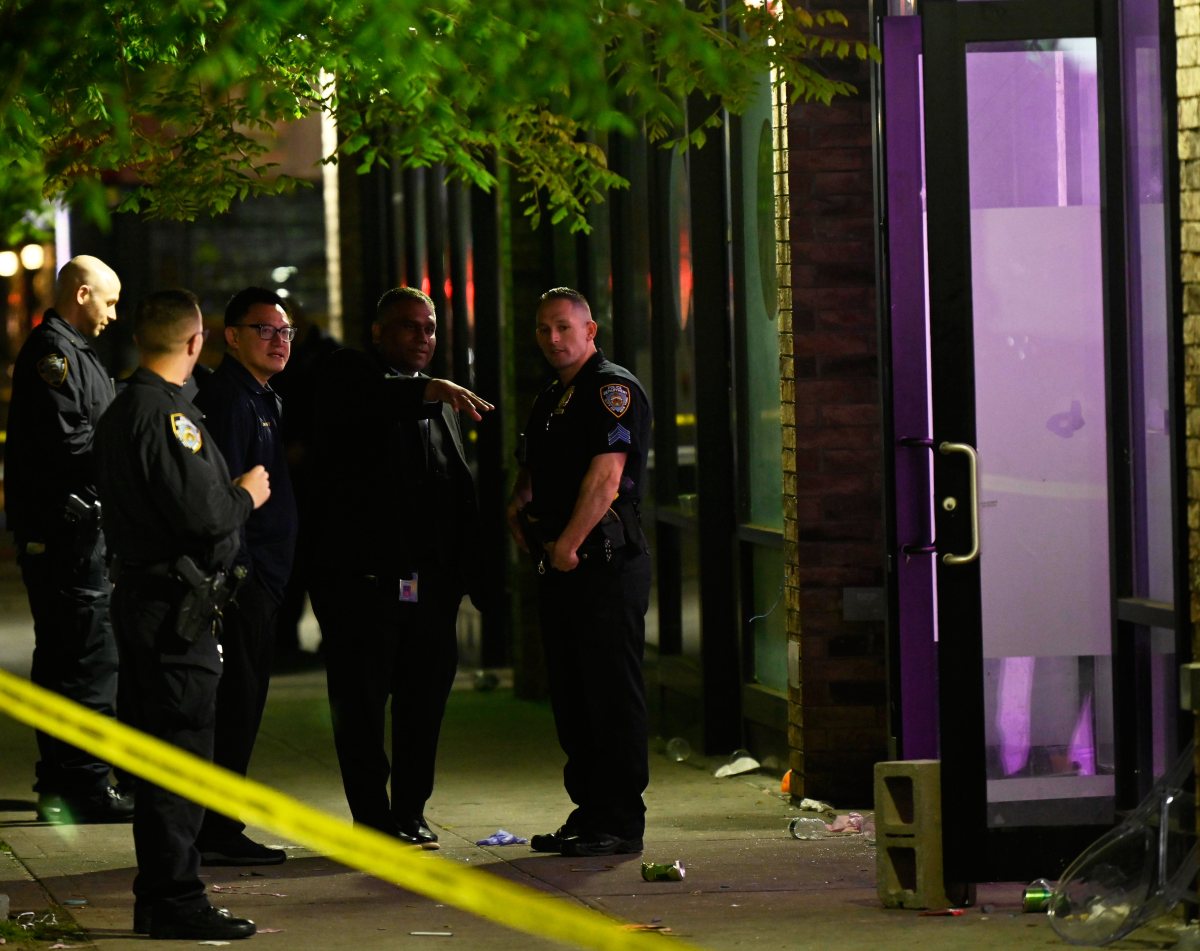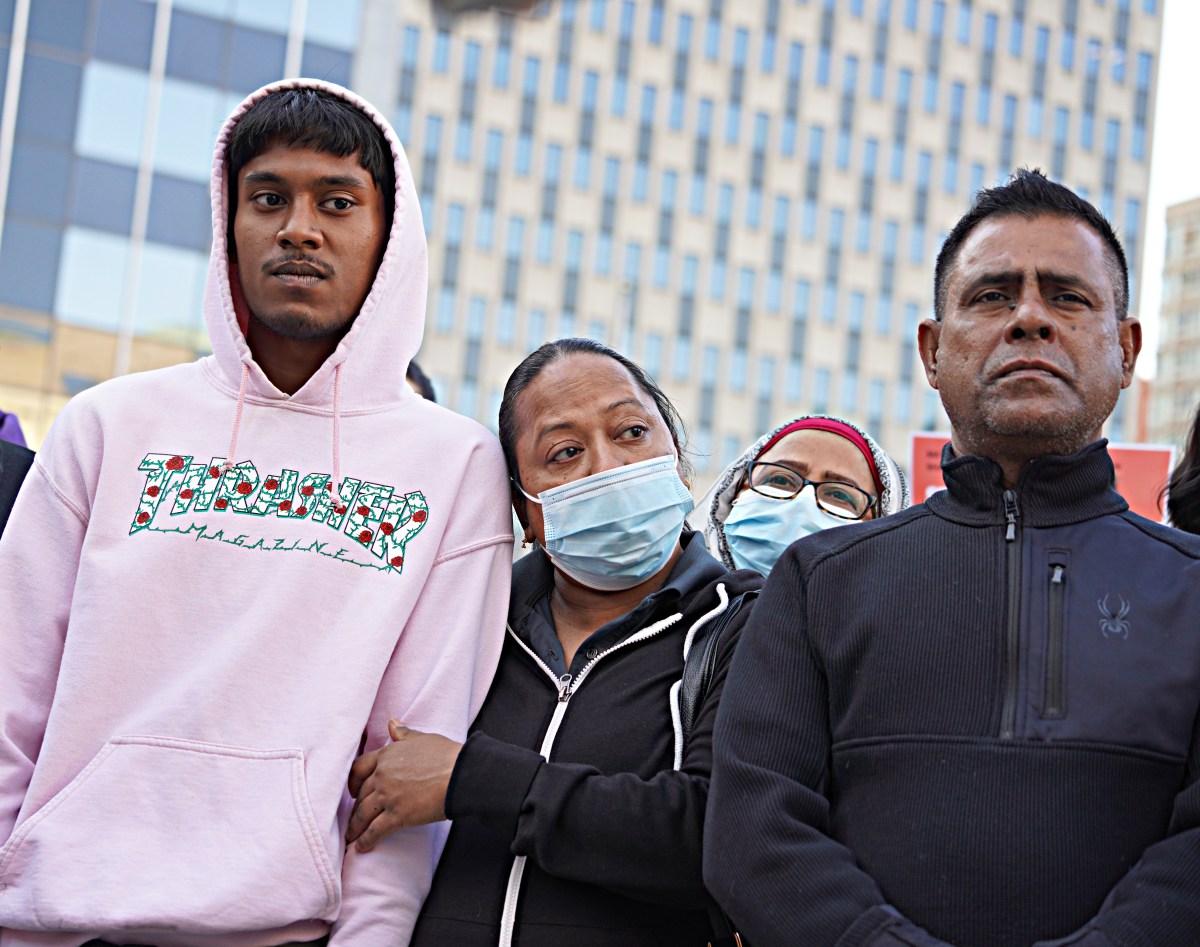Could Save Train, Bus Riders Hundreds
Sen. Charles E. Schumer revealed that the federal mass transit benefit will pass retroactively this week as part of the Senate’s Surface Transportation Reauthorization bill, meaning savings of over $1,000 for many New York commuters this year and retroactive refunds for commuting costs to Jan. 1.
Until it expired, the commuter benefit covered up to $230 per month from a person’s gross income to pay for their mass transit commutes and provided parity with a permanent benefit extended to drivers’ parking costs. This legislation would extend the commuter tax benefit for one year and raise the benefit to $240 a month to match the benefit currently offered by the IRS to drivers.
Schumer noted the bill will pass the Senate this week and urged the House to maintain the mass transit benefit in their version of the legislation to get New York commuters, and commuters across the country, the relief they deserve.
“We were down a few points with a minute to play, but after a long drive down field, we’re ready to put the ball in the end zone,” said Schumer on Sunday, Mar. 11. “Many thought that the transit benefit was dead, but we refused to let it die. Today is a huge victory for the hundreds of thousands of New Yorkers that rely on the commuter tax break reduce their commuting costs, and I’m urging the House to now do its part and pass this crucial legislation.”
Last year, employees whose monthly mass transit fees were less than $230 were able to deduct the full amount of their commuting costs from their paychecks, tax free, through an employer benefit program. The cost is pegged to the IRS tax benefit that covers parking for drivers and would be increased to $240 with the extension offered by Schumer.
Until 2009, commuters who drove to work received a greater tax break than those who took mass transit. In 2009, the mass transit benefit was almost doubled from $120 per month to $230 per month, creating a savings of over $1,000 per year for commuters.
Currently, 500,000 commuters in the Greater New York Metropolitan Area, and 2.7 million commuters nationwide take advantage of the benefit. Schumer was able to have the benefit extended in 2011, but in yearend negotiations, it was not included in a year-end payroll tax cut deal.
Schumer authored the original legislation that passed as part of the economic stimulus package in 2009 that allowed employers to offer their employees up to $230 per month in transit benefits tax free, equal to what they were offering tax-free for parking costs. The transit benefit reduces a commuter’s transportation costs by a third or more. With the benefits expiration, the senator stated, there is now a greater incentive for people to drive to work rather than take mass transit.
If renewed, a $240 per month mass transit benefit will fully cover the monthly cost of riding all major mass transit systems in New York City, including subway, bus, and express bus, and will cover most of Metro North and Long Island Railroad commuting costs.
The mass transit and express bus benefit covers the full $104 per month cost of an unlimited 30-day MetroCard. It also covers the monthly cost of buying a weekly pass on MTA express bus at $50 a week, for a total monthly cost of $200. If the benefit is not extended and remains at $125 per month, only 58 percent of the cost will be covered.
With the expiration of the benefit last in December, a commuter using the express bus is required to contribute $92.41 post-tax dollars each month to their commute, after taxes, costing the commuter up to approximately $1,400 a year.
Once extended, the mass transit benefit would fully cover the typical monthly Long Island Rail Road (LIRR) pass from the most common commuting areas on Long Island. For example, the $223 cost of a monthly ticket from Garden City to Penn Station would be fully covered by the benefit, but if the benefit is not extended and remains at $125 per month, only 56 percent of the monthly cost will be covered.
Without an extension of the benefit, a commuter from Garden City pays $98 in pre-tax benefits a month, after taxes costing the commuter up to approximately $1,500 a year.
Once extended, the mass transit benefit would nearly cover the full typical monthly pass on Metro North Rail Road from the most common commuting areas. For example, the $229 cost of a monthly pass from White Plains to Grand Central would be fully covered by the extended benefit, but if the benefit is not extended at remains at $125 per month, only 55 percent of the monthly cost will be covered.
Without an extension of the benefit, a commuter from White Plains pays $104 in pre-tax benefits a month, after taxes costing the commuter up to approximately $1,500 a year.
According to Transit Center, in the New York metro area, commuters saved over $200 million last year because of the transit benefit and employers have saved over $45 million since the benefit went into effect in the New York area.
Approximately 15,000 companies in New York offer the transit benefit covering more than a half a million employees. And in 2010, employers nationwide saved about $300 million in payroll taxes, money that can be reinvested to create jobs.




























